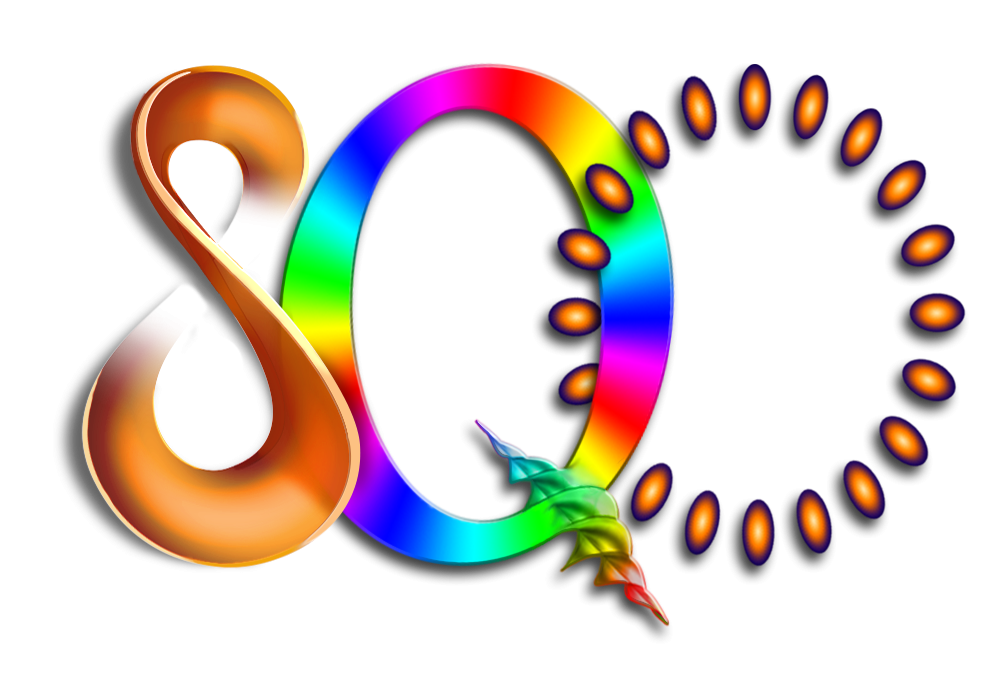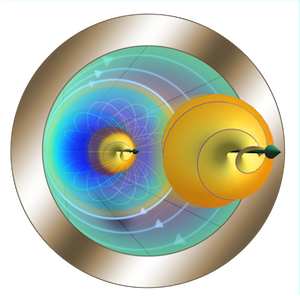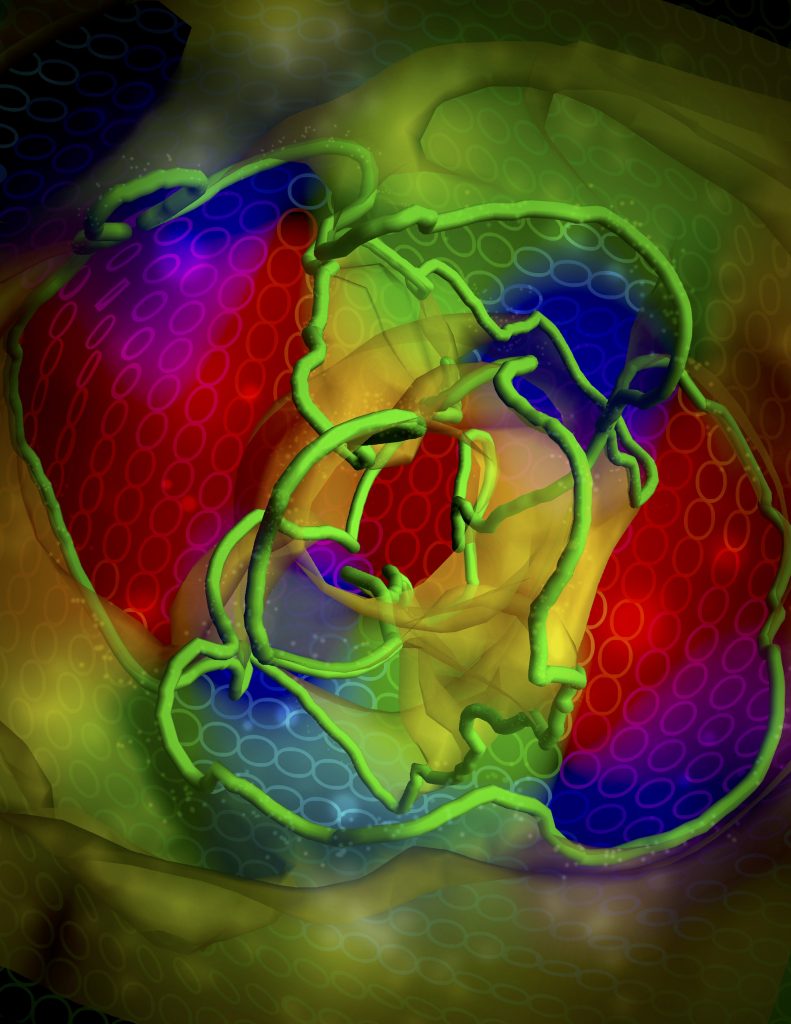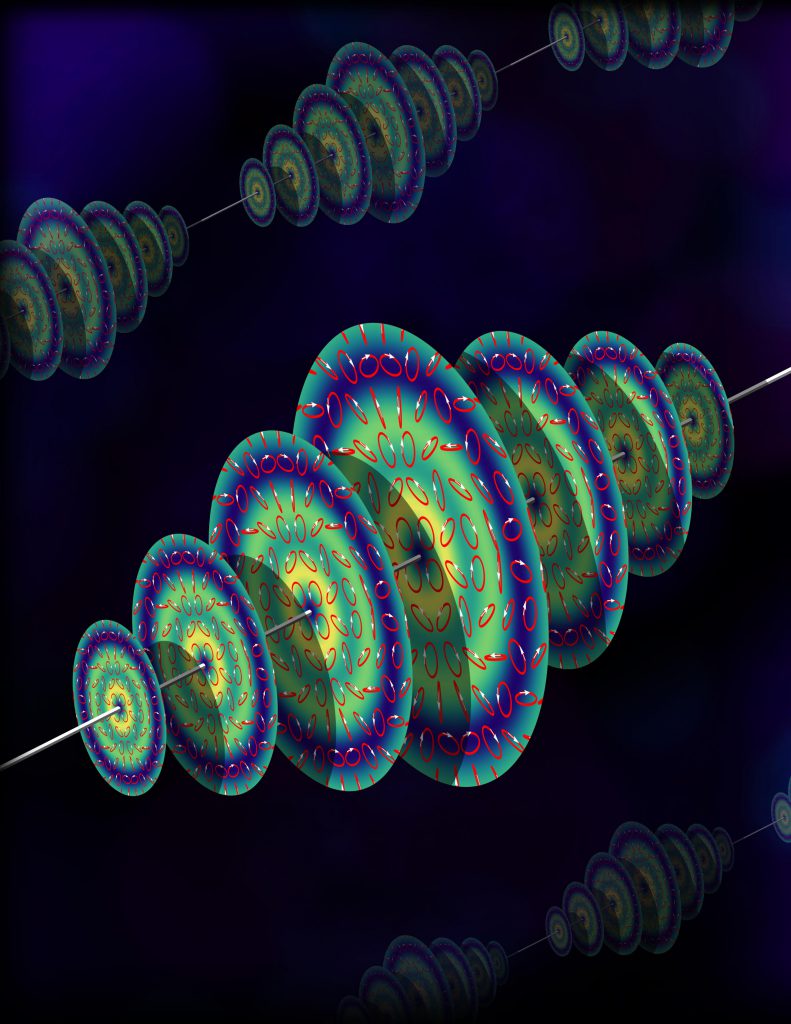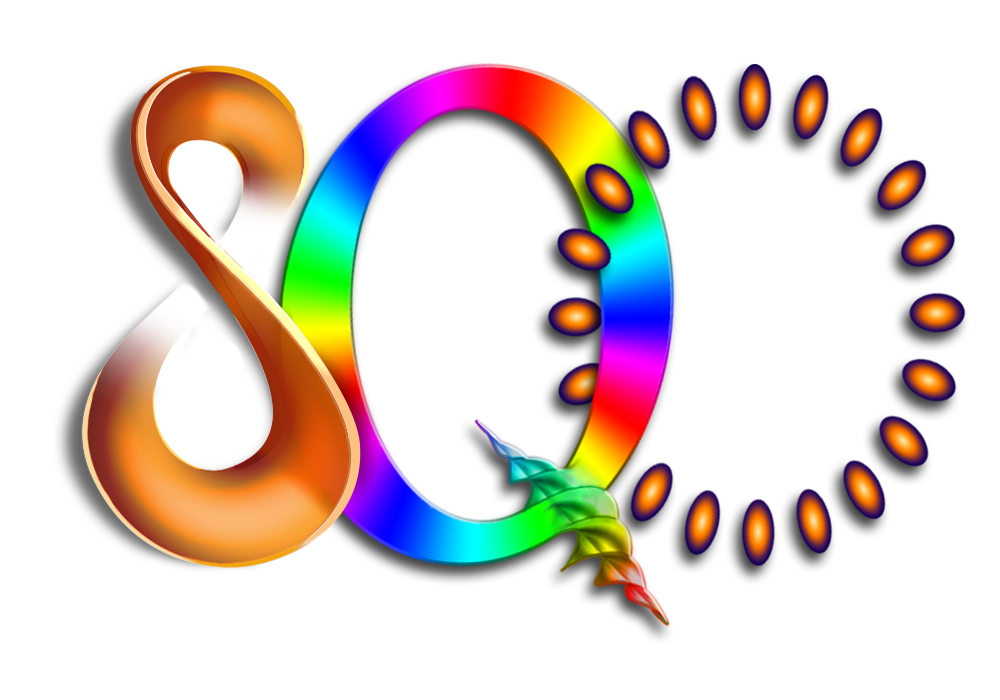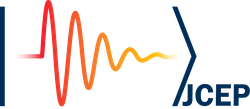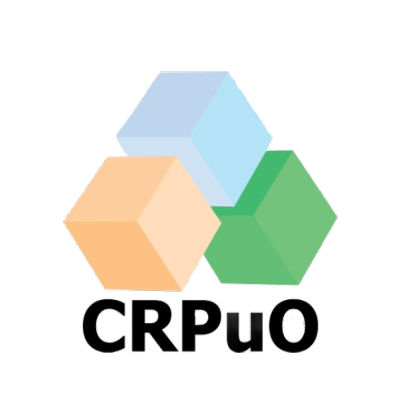Welcome
The Structural Quantum Optics (SQO) group at the University of Ottawa is a pioneering research group, globally recognized in generating, detecting, and manipulating the structured quantum waves, e.g., photons and electrons beam, and their applications in modern science and technology, such as quantum communication, sensing and materials science. Founded in 2014, the SQO group is an expert in designing and developing instruments employing the most extreme available quantum technologies to probe very fundamental and applicable aspects of materials. As a member of the Max Planck-University of Ottawa Centre for Extreme and Quantum Photonics, we extensively collaborate with researchers from the Max Planck Institute for the Science of Light in Erlangen-Germany, and have access to their state-of-the-art facilities and expertise. We are a founding member of the Joint Centre for Extreme Photonics (JCEP), a joint undertaking between the National Research Council (NRC) and the University of Ottawa. SQO members have access to and closely collaborate with scientists from the NRC. We always welcome collaborations, and partnerships. The best way to reach out to us is via email at [email protected]

Nondestructive measurement on electron wavepackets
Free electrons with a helical phase front, referred to as “twisted” electrons, possess an orbital angular momentum (OAM) and, hence, a quantized magnetic dipole moment along their propagation direction. This intrinsic magnetic moment can be used to probe material properties.
Reconstructing the topology of optical polarization knots
Free electrons with a helical phase front, referred to as “twisted” electrons, possess an orbital angular momentum (OAM) and, hence, a quantized magnetic dipole moment along their propagation direction. This intrinsic magnetic moment can be used to probe material properties.
Structured Quantum Waves
“Structured Quantum Waves, Nature Physics 11, 629 (2015).” [photo credit Alicia Sit]
Nondestructive measurement on electron wavepackets
Free electrons with a helical phase front, referred to as “twisted” electrons, possess an orbital angular momentum (OAM) and, hence, a quantized magnetic dipole moment along their propagation direction. This intrinsic magnetic moment can be used to probe material properties.
Reconstructing the topology of optical polarization knots
Structured Quantum Waves
“Structured Quantum Waves, Nature Physics 11, 629 (2015).” [photo credit Alicia Sit]
